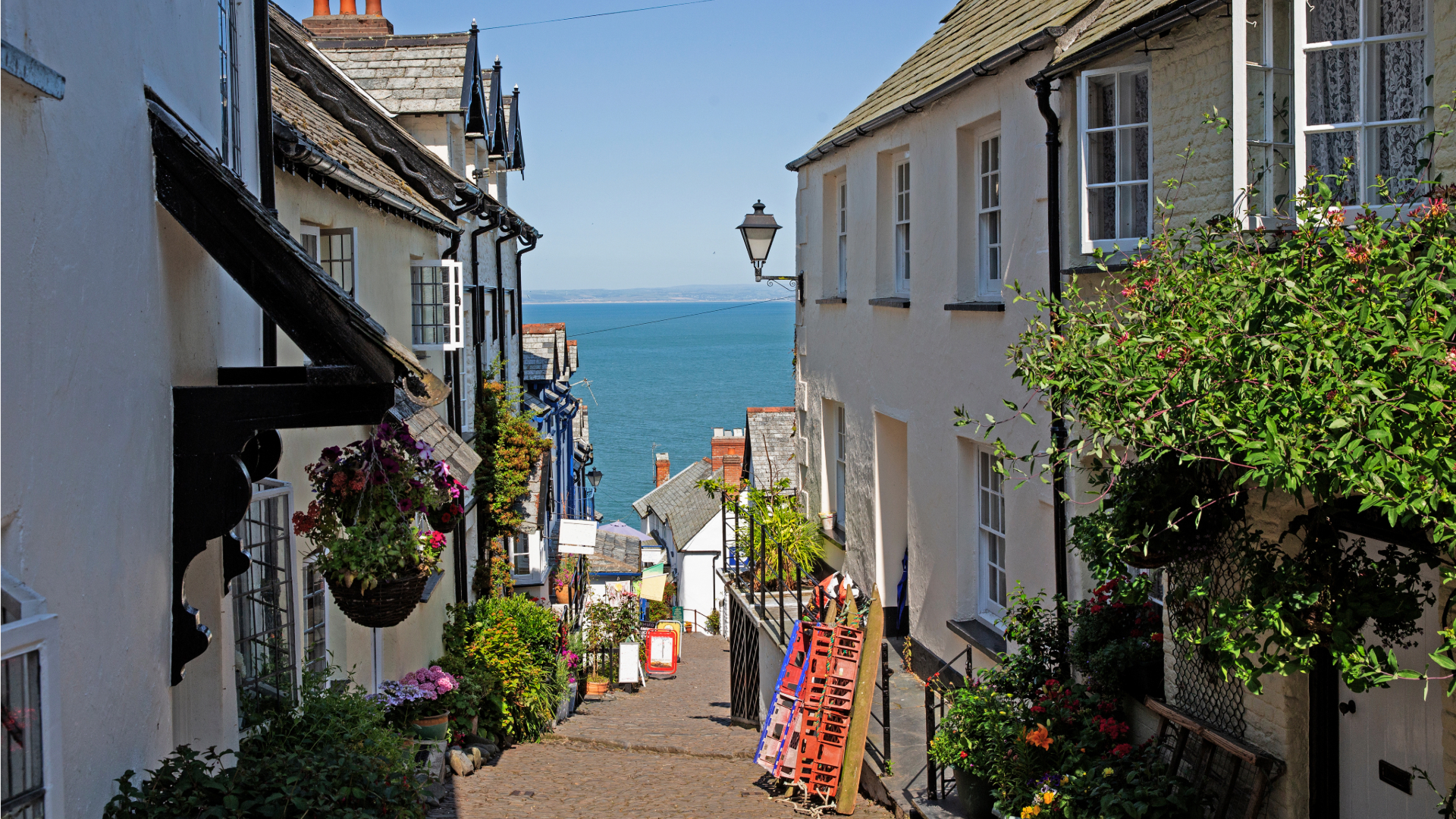
Thinking about buying a holiday home? Whether it’s sweet summer escapes or cosy winter retreats, the idea of owning your own getaway has a certain appeal. But is it still a smart financial move in 2025? Let’s unpack what owning a holiday home really means, the perks, the pitfalls, and where you might find the best and even underrated spots to invest.
What is a holiday home investment?
A holiday home investment usually refers to a property purchased primarily for short-term vacation rentals (like Airbnb or holiday lets), second-home ownership, or a hybrid model, partly rented out, partly for personal use. It's not just about location; it’s about how you use it, purely for profit, purely for pleasure, or a little of both.
Benefits of owning a holiday home
- Higher rental premiums: many holiday let areas command significantly higher income than standard long-term rentals. For instance, Worthing in West Sussex sees holiday let rents up to 72% higher than average rentals, and Porthcawl in South Wales about 70.5% higher according to Revolution Brokers.
- Lifestyle perks: you get a home-away-from-home whenever you like.
- Capital appreciation potential: popular destinations often grow in value over time.
- Flexibility: use it yourself during off-seasons or rent it out year-round.
Complications and risks
- Tax changes: the UK government phased out the Furnished Holiday Lettings (FHL) tax regime starting 6 April 2025. This means short-term holiday lets now face the same tax treatment as long-term rentals.
- Regulations: some areas have strict local rules limiting short-term rentals.
- Costs and management: you’ll need to budget for cleaning, repairs, insurance, and possibly hire a management service.
- Seasonality: booking demand can be unpredictable, especially outside peak seasons.
- Local backlash: in tourist hotspots like St Ives, second-home ownership has raised concerns around housing affordability and community cohesion according to The Guardian.
Best places to invest in holiday homes (2025)
These are accurate as of 10th September 2025.
High-demand winners include:
- Teignmouth (Devon): enjoyed a 32% surge in bookings, with properties around £200k potentially earning £25k annually as per CapWolf.
- Saundersfoot (Pembrokeshire, Wales): seeing a 31% rise in bookings, with rental yields possibly hitting 12% or more according to CapWolf.
- Worthing (West Sussex), Porthcawl (South Wales), and Llandudno (North Wales): all deliver noteworthy rental premiums relative to standard lettings according to Revolution Brokers.
- Blackpool: tops the list for sheer yield, with around 5.2% holiday-let yields, while towns like Allerdale, Scarborough, Northumberland, and York offer 3.5% - 3.8% as per NimbleFins.
Underrated or emerging locations
These are accurate as of 10th September 2025.
These lesser-known gems are gathering momentum as stated by CapWolf:
- Newborough (Anglesey): bookings up 30%
- Paignton (Torbay): up 25%
- Porthmadog (Gwynedd): up 25%
- Warkworth (Northumberland): up 25%
- Bideford (Devon): up 24%
These places offer coastal charm, increasing demand, but often less competition and potentially better entry prices.
Who should consider a holiday home investment?
- Lifestyle investors who want both getaway perks and rental income.
- Families frequenting a favourite vacation area.
- Retirees eyeing a future relocation with passive income.
- Financial planners looking for a long-term, tangible asset.
Final verdict: is it still worth it?
Yes, but with caveats. The market still offers strong returns, especially in high-demand holiday spots and emerging coastal towns. But new tax rules, local regulations, and management demands mean it takes more than just an eye for beautiful properties, you need a savvy strategy too.
If your priorities are a mix of lifestyle use and decent returns, and you’re ready for hands-on involvement (or can afford management services), it could still be worth exploring.
This article is for general information only and does not constitute financial advice. As with all investing, your capital is at risk. You should seek independent financial advice before making investment decisions.
Liked what you read?






